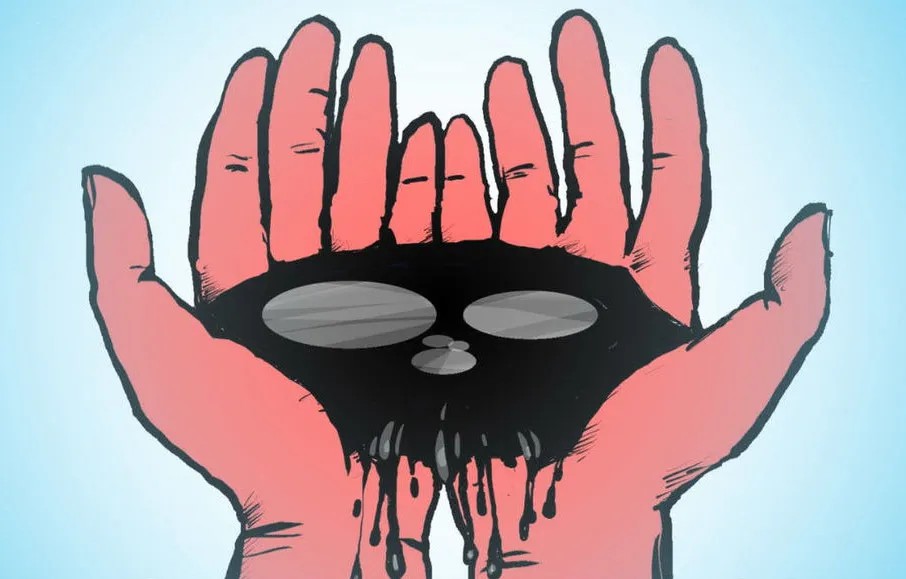
This Week’s Highlights
Our latest investigation reveals that Putin’s fixer has ties to major new oil deals in Syria, the relatives of three Russian journalists murdered in the Central African Republic cast doubts on the official investigation, an inside look at food insecurity in Siberia and the country’s leading opposition figure, Alexei Navalny, takes an unexpected stance on the controversial changes to the Russian Constitution, designed to keep Putin in power past 2024.
Want to get the full story? Click the links below for full-length articles in Russian.
New feature! Russia, Explained Audio Briefing. Also available on Apple Podcasts and Google Podcasts!
Russians Taking Over Syrian Oil, Explained
A new Novaya Gazeta investigation has connected Kremlin-linked fixer Yevgeny Prigozhin to two virtually unknown Russian companies that scored major oil and gas deals in Syria last year. They also appear to be operating with the help of the infamous private military contractor, the Wagner Group – a company associated with Prigozhin whose mercenaries are responsible for brutal war crimes in Syria.
Shady nobodies get major oil contracts. The Syrian parliament cleared the deal for the Russian companies – Velada and Mercury — despite the fact that no one in the oil industry had heard of them before. One of these companies, which reportedly has just two staff members, is now charged with the exploration and extraction of over 250 billion cubic meters of Syrian oil.
Tracking Russian money.This just one of many firms in the Prigozhin business empire that are playing a role in Syria. The Russian company Evro Polis Ltd. – whose owners are closely connected to Prigozhin’s business entities – has taken the lead since December 2016. At the time, the company brokered a major deal with the state-owned Syria General Petroleum Company, pledging to conduct combat operations to liberate oil and gas fields, in exchange for 25 percent of subsequent oil and gas production.
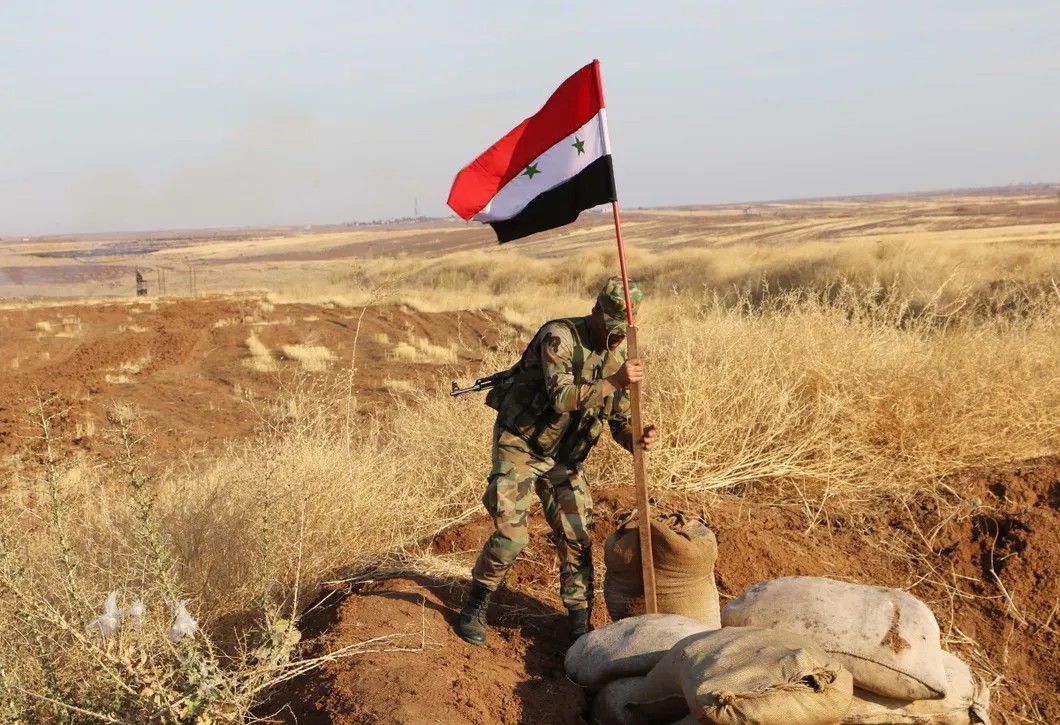
Counting profits and losses. Novaya Gazeta estimates that in 2018 Prigozhin-linked companies extracted as much as $20 million in resources from Syria every month (production volume for 2019 has yet to be verified). While the Wagner Group’s losses in Syria from 2015 to 2019 are difficult to assess, the private military contractor suffered its most significant losses in February 2018; after an American airstrike near the town of Khasham reportedly killed between 60 and 200 of their operatives.
Read more about Prigozhin’s business connections to Syrian oil here.
Relatives of Murdered Russian Journalists Cast Doubts on Official Investigation
Orkhan Djemal, Kirill Radchenko, and Aleksandr Rastorguev, the three Russian journalists murdered in the Central African Republic (CAR) in July 2018 were the victims of a robbery – or so the official story goes. This was voiced last week by Igor Krasnov, a deputy from the Russian Investigative Committee. Since then, in the midst of Putin’s political reshuffling, Krasnov has been appointed the Prosecutor General of Russia. Here’s why the victims’ relatives are highly skeptical of his claims.
- No proof. Krasnov’s statement appears to be rehashing the press release the Investigative Committee hurriedly sent out in the immediate aftermath of the killings. In the intervening year and a half, no new developments have appeared in the case.
- Destroyed material evidence. The Investigative Committee was not able to ensure that the most important material evidence was delivered to Moscow. Officials from the CAR burnt the clothes the journalists were wearing at the time of their deaths, making it impossible to carry out a full ballistic examination.
- The Prigozhin connection. Investigators have yet to clarify the role of Kirill Romanovsky, a journalist from the disinformation outlet RIA FAN, which belongs to billionaire businessman Yevgeny Prigozhin. Romanovsky was active in preparing the journalists’ trip to the CAR. The three murdered journalists were planning on filming a documentary investigation into Prigozhin’s activities in Africa, which is part of Russia’s large-scale political and economic expansion on the continent. Some believe that Prigozhin’s associates were involved in their killing.
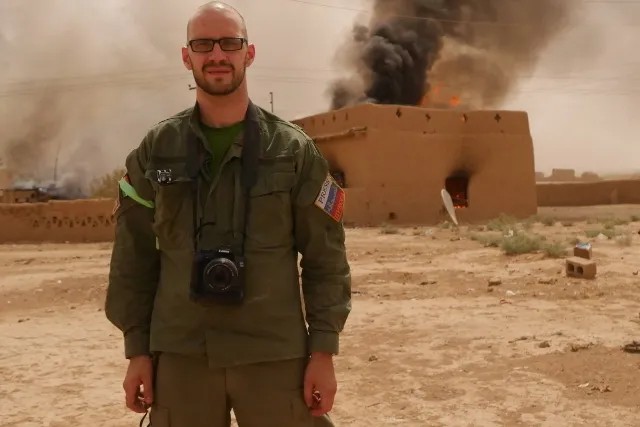
- Ignoring obvious. The investigation also refuses to double-check another version of the events linking the murder of the journalists to their professional activities. This version involves the direct participation of Prigozhin’s Wagner Group. The documentary the journalists planned to shoot aimed to investigate the work of the Wagner mercenaries in the CAR.
Поддержите
нашу работу!
Нажимая кнопку «Стать соучастником»,
я принимаю условия и подтверждаю свое гражданство РФ
Если у вас есть вопросы, пишите donate@novayagazeta.ru или звоните:
+7 (929) 612-03-68
Read more about the details casting doubt on the official investigation here and watch the video statement from the journalists’ relatives here.
Russian Pensioners in the Provinces Starve
Putin’s bombshell state of the nation address last week wasn’t just about power-grabbing constitutional changes — we’ve got you covered on those, by the way, with an extra edition of ‘Russia, Explained’ — it was also filled with populist promises aboout throwing money to the 21 million Russians living in poverty. But while Putin was giving his speech, Novaya Gazeta special correspondent Ivan Zhilin was reporting from a queue outside of a supermarket dumpster in Yekaterinburg, the country’s fourth-largest city on the edge of Siberia. The city’s poorest residents were lined up by the dumpster for hours, in the hopes of getting packages of expired food.
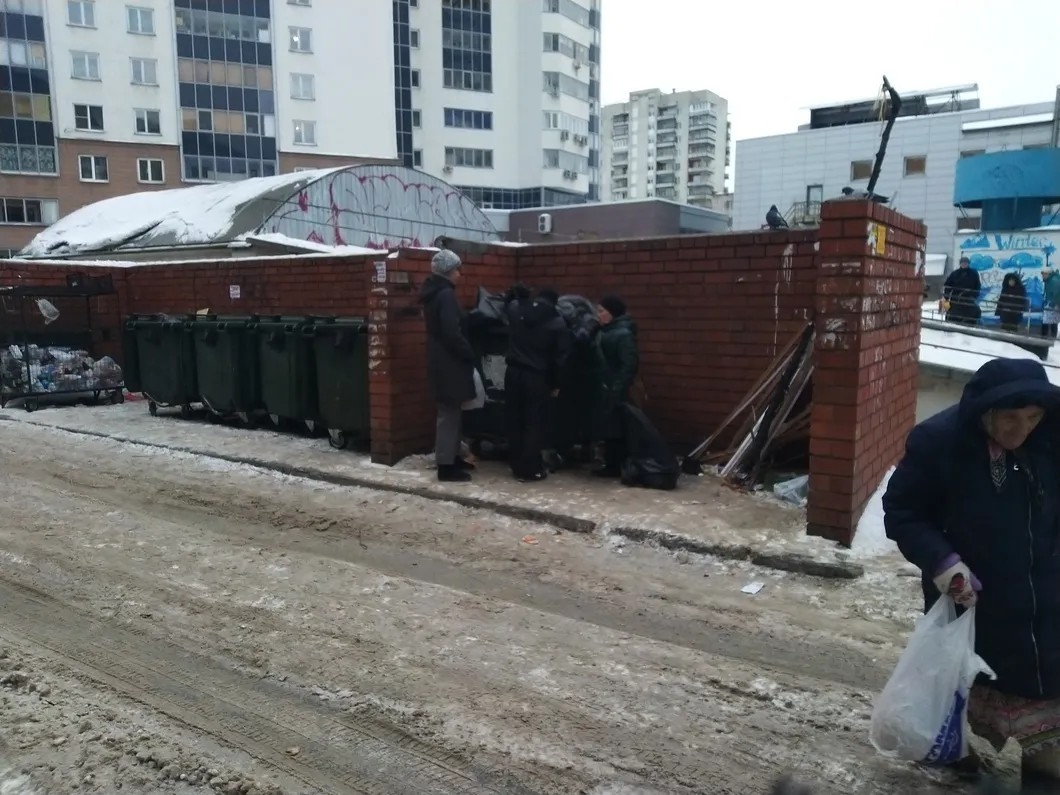
People of all ages. “The first thing that catches your eye is the diversity of these people,” Zhilin says. “The majority are pensioners…but there is also a forty-year-old man, a woman with bright makeup and wearing furs, and even a girl of not even twenty-five.” One of the pensioners explained that there’s usually a lineup from eleven a.m. to six p.m. and that people sometimes wait three to four hours for food. Many of them are unable to work because they are caretakers for their sick or disabled relatives. Others are receiving disability benefits themselves and their pensions can’t cover the cost of medicine and food.
“The government should be ashamed.”“The store has its own mafia. From out of town,” explains a pensioner named Giorgy, who has been unable to work since suffering a heart attack five years ago. “As soon as [the food] is past expiration they take the meat, cheese, and good vegetables from here for themselves. And bring us what they themselves [don’t want]. Even in this, we are second class citizens.” Another woman named Svetlana tells Zhilin that she does not believe standing in line at the dumpster is shameful. She says that she worked honestly and that the government should be ashamed – not her.
Read Ivan Zhilin’s report on food insecurity in Yekaterinburg here.
Plus, want to get the full story on last week’s unexpected political shakeup? Get your extra edition of ‘Russia, Explained’ decoding Putin’s 2020 power move.
Navalny’s Take on Constitutional Changes, Explained
The Kremlin’s plans for reforming the Russian Constitution sparked controversy among the political opposition before the legislation was even drafted. Many of the participants in this past summer’s pro-democracy protestssaid that the current Constitution should be upheld. Despite its flaws, it does provide a platform for defending human rights, they argued. Opposition leader Alexei Navalny, on the other hand, said that the “1993 Consitution is disgusting” and that there’s no point in fighting for its preservation since it effectively legalized the authoritarianism seen in Russia today.
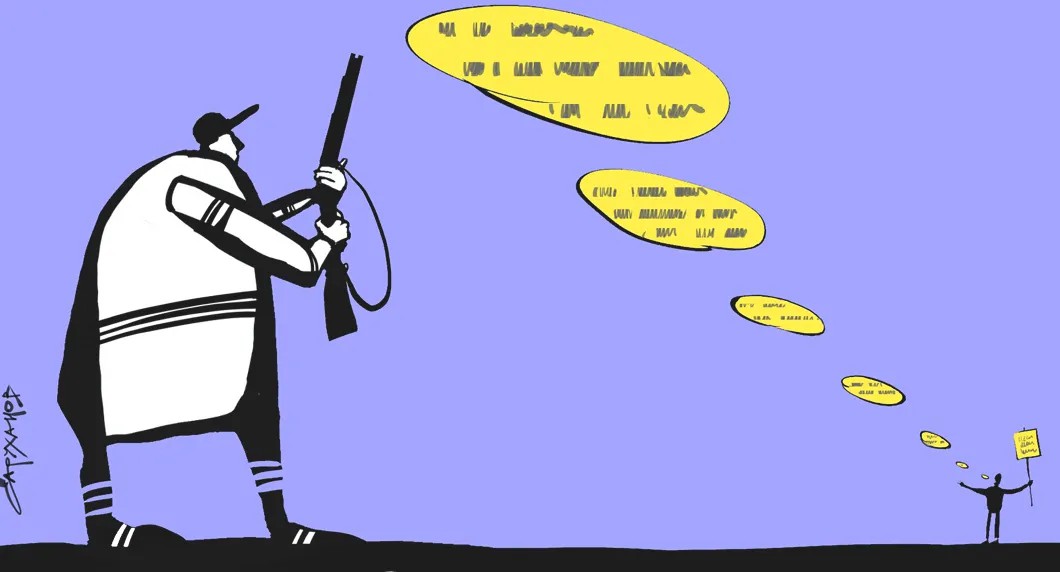
Who betrayed democracy?“The main efforts of the liberal community are at risk of being wasted on questioning who betrayed democracy this time,” says Novaya Gazeta politics editor, Kirill Martynov. “Instead of consolidating a position on the issue of amending the Constitution and [developing] our own counterplay, we are headed towards a split.” In other words, Navalny’s unexpected position undermines a united response from the opposition to the snap Constitutional reforms.
Why would Navalny side with Putin on this?The opposition is planning the first rallies opposing the changes for February 1, 2020, but it will be impossible for them to gain mass support without Navalny’s backing. “Among potential Navalny voters, there are many consistent supporters of the existing Constitution. He could have held on to these allies and used the constitutional reform as a political trigger for strengthening the opposition. Instead, Navalny is trying to raise the stakes, and, essentially, supporting Putin,” Martynov concludes.
Read politics editor Kirill Martynov’s full take on the split in the opposition here.
Thanks for reading! To keep up with Novaya Gazeta’s reporting throughout the week, you can follow us on Facebook, Twitter, Instagram and Telegram. Our video content is available on Youtube and don’t forget to visit our website for the latest stories in Russian. Until next time!
— The Novaya Gazeta Newsletter Team
Поддержите
нашу работу!
Нажимая кнопку «Стать соучастником»,
я принимаю условия и подтверждаю свое гражданство РФ
Если у вас есть вопросы, пишите donate@novayagazeta.ru или звоните:
+7 (929) 612-03-68